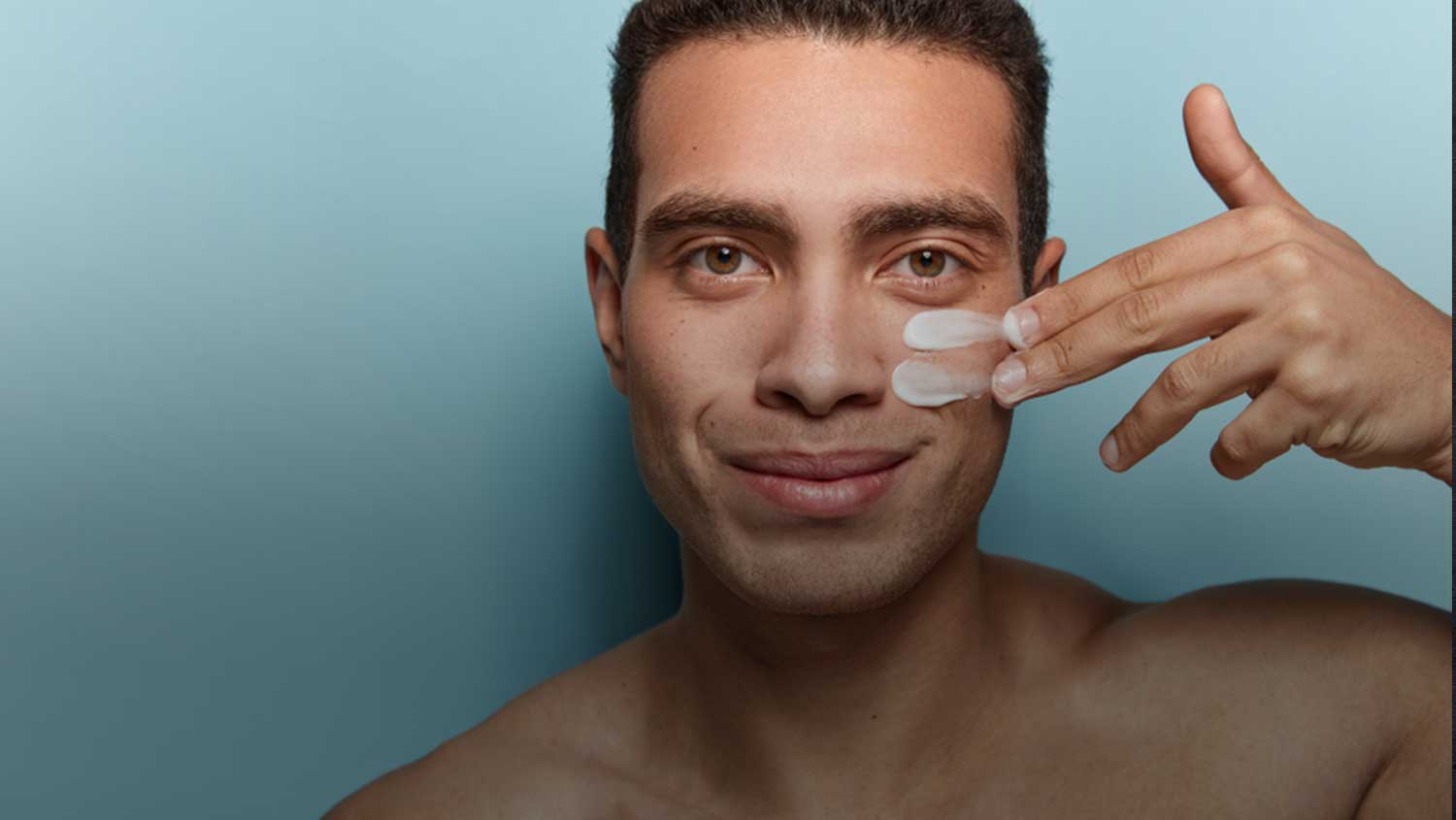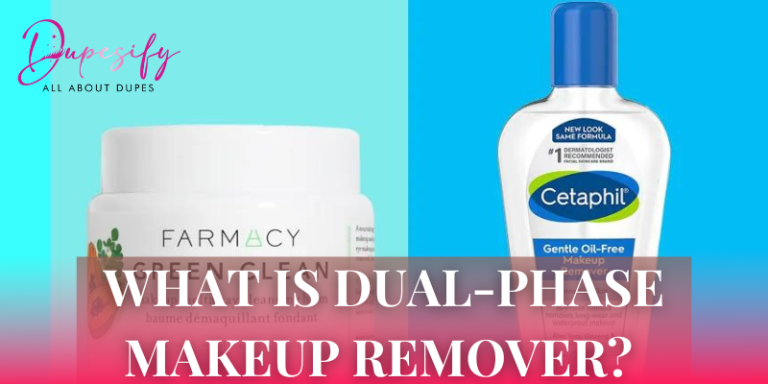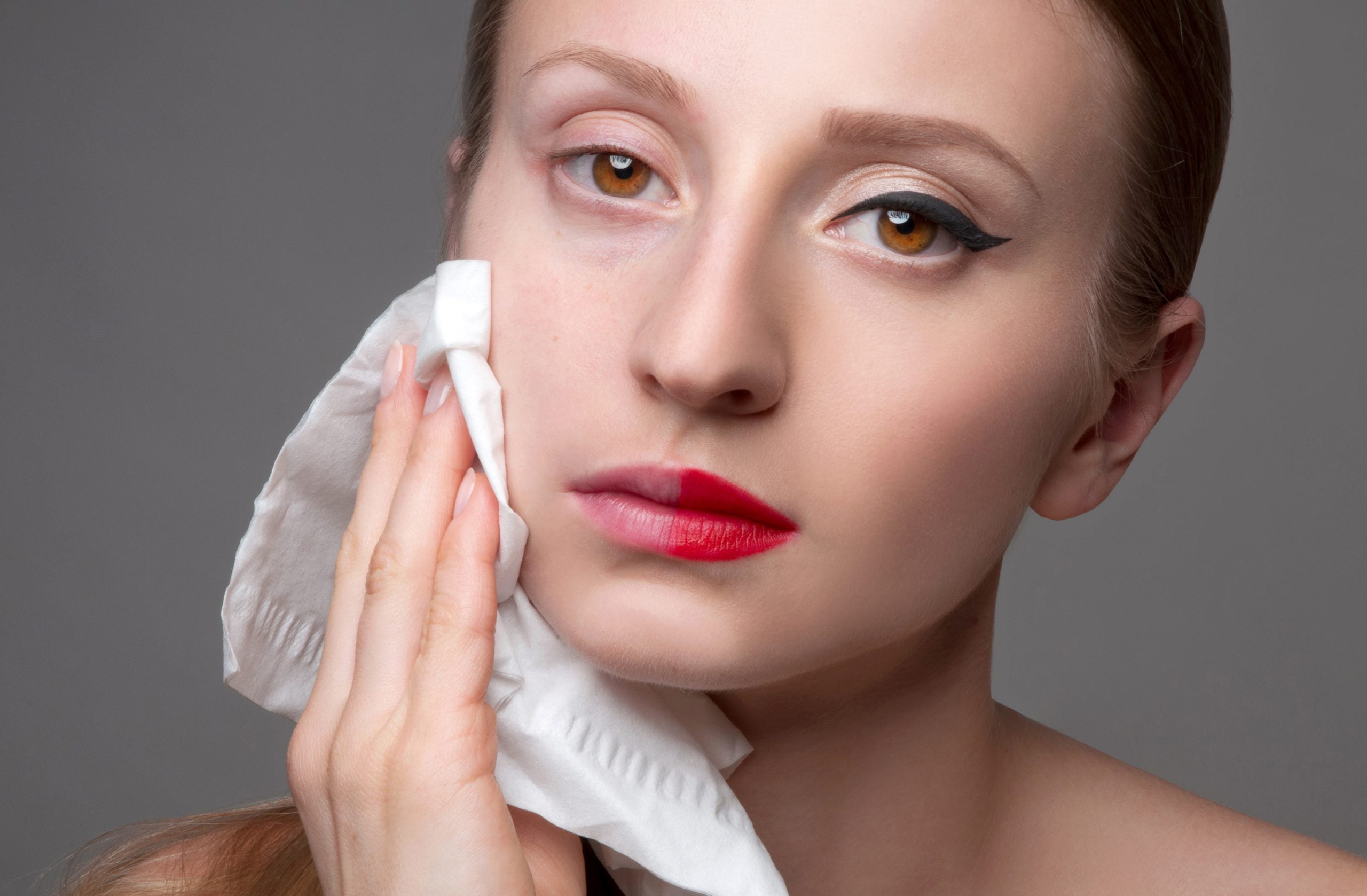Understanding Skin Irritation from Makeup Remover: A Comprehensive Guide
Related Articles: Understanding Skin Irritation from Makeup Remover: A Comprehensive Guide
Introduction
In this auspicious occasion, we are delighted to delve into the intriguing topic related to Understanding Skin Irritation from Makeup Remover: A Comprehensive Guide. Let’s weave interesting information and offer fresh perspectives to the readers.
Table of Content
Understanding Skin Irritation from Makeup Remover: A Comprehensive Guide

The removal of makeup is an essential part of any skincare routine, but it can sometimes lead to unexpected consequences. While the goal is to cleanse the skin, certain makeup removers can cause irritation, redness, and even burning sensations. This article delves into the reasons behind these adverse reactions, providing a comprehensive understanding of the factors involved and offering practical advice for safe and effective makeup removal.
Causes of Skin Irritation from Makeup Removers:
The skin’s delicate barrier is susceptible to irritation from various factors, and makeup removers are no exception. Several key culprits contribute to skin irritation:
-
Ingredients: Many makeup removers contain harsh chemicals that can strip the skin of its natural oils, leading to dryness, irritation, and inflammation. Common culprits include:
- Alcohol: While alcohol is often used as a solvent in makeup removers, it can dehydrate the skin, leaving it vulnerable to irritation.
- Fragrances: Synthetic fragrances are frequently added to makeup removers to enhance their scent. However, these fragrances can be potent allergens, triggering allergic reactions and skin irritation in sensitive individuals.
- Surfactants: These chemicals are used to emulsify oil-based makeup and allow for its removal. However, certain surfactants can be harsh on the skin, disrupting its natural barrier and leading to irritation.
- Sensitivity: Individuals with sensitive skin are more prone to experiencing irritation from makeup removers. Factors such as eczema, rosacea, and allergies can increase susceptibility to adverse reactions.
- Improper Application: Excessive rubbing or scrubbing the skin during makeup removal can cause friction, leading to irritation, redness, and even microscopic tears in the skin’s surface.
- Overuse: Frequent use of harsh makeup removers can strip the skin of its natural oils, leading to dryness, irritation, and inflammation.
- Product Compatibility: Certain makeup removers may not be compatible with specific skin types or sensitivities. For example, oil-based removers can exacerbate acne-prone skin, while alcohol-based removers can dry out already dry skin.
Signs and Symptoms of Skin Irritation:
Recognizing the signs of skin irritation from makeup removers is crucial for addressing the issue promptly. Common symptoms include:
- Redness: The affected area may appear red, inflamed, and flushed.
- Burning Sensation: A burning or stinging sensation on the skin is a common sign of irritation.
- Itching: The affected area may feel itchy and uncomfortable.
- Dryness: The skin may feel dry, tight, and flaky.
- Breakouts: In some cases, irritation can trigger acne breakouts.
- Stinging: A sharp, stinging sensation is a strong indicator of irritation.
Tips for Preventing Skin Irritation from Makeup Removers:
Preventing skin irritation from makeup removers requires a proactive approach:
- Choose Gentle Products: Opt for makeup removers formulated with gentle, non-irritating ingredients. Look for products labeled "sensitive skin," "hypoallergenic," or "fragrance-free."
- Patch Test: Before applying a new makeup remover to the entire face, perform a patch test on a small area of skin. This allows you to assess any potential reactions before widespread application.
- Avoid Harsh Ingredients: Be cautious of makeup removers containing alcohol, fragrances, and harsh surfactants. These ingredients can strip the skin of its natural oils, leading to irritation.
- Gentle Application: Avoid rubbing or scrubbing the skin aggressively during makeup removal. Instead, use gentle, circular motions and a soft cloth or cotton pad.
- Remove Thoroughly: Ensure that all traces of makeup remover are thoroughly removed from the skin after use. Leftover residue can irritate the skin and clog pores.
- Hydrate: After removing makeup, apply a hydrating moisturizer to replenish the skin’s natural oils and prevent dryness.
- Listen to Your Skin: Pay attention to how your skin reacts to different makeup removers. If you experience any signs of irritation, discontinue use and consult a dermatologist.
FAQs about Skin Irritation from Makeup Removers:
Q: What should I do if my skin is irritated from a makeup remover?
A: If your skin is irritated, discontinue using the makeup remover immediately. Gently cleanse the affected area with a mild, fragrance-free cleanser. Apply a cool compress to reduce inflammation and redness. If the irritation persists, consult a dermatologist for further advice.
Q: Can I use makeup remover every day?
A: While it is generally safe to use makeup remover daily, it is essential to choose a gentle formula and apply it with care. Overuse of harsh makeup removers can strip the skin of its natural oils, leading to dryness and irritation.
Q: What are some alternatives to traditional makeup removers?
A: There are several alternative options for makeup removal, including:
- Oil-based cleansers: These cleansers effectively remove makeup without drying out the skin.
- Micellar water: Micellar water is a gentle cleanser that effectively removes makeup and impurities without the need for rinsing.
- Coconut oil: Coconut oil is a natural makeup remover that is effective and gentle on the skin.
- Warm water and a soft cloth: For light makeup, warm water and a soft cloth can be sufficient for removing makeup.
Q: Can I use makeup remover on my eyes?
A: While some makeup removers are specifically designed for use around the eyes, it is crucial to use them with caution. Avoid rubbing the eyes aggressively, and choose products formulated for sensitive skin. If you experience any irritation, discontinue use and consult a dermatologist.
Conclusion:
Skin irritation from makeup removers is a common concern, but it can be effectively prevented and managed with careful product selection, gentle application, and a proactive approach to skincare. By understanding the causes of irritation and implementing the tips outlined above, individuals can enjoy a safe and effective makeup removal routine that leaves their skin feeling clean, healthy, and comfortable. Remember, if you experience any persistent irritation or discomfort, consult a dermatologist for personalized advice and treatment.








Closure
Thus, we hope this article has provided valuable insights into Understanding Skin Irritation from Makeup Remover: A Comprehensive Guide. We thank you for taking the time to read this article. See you in our next article!